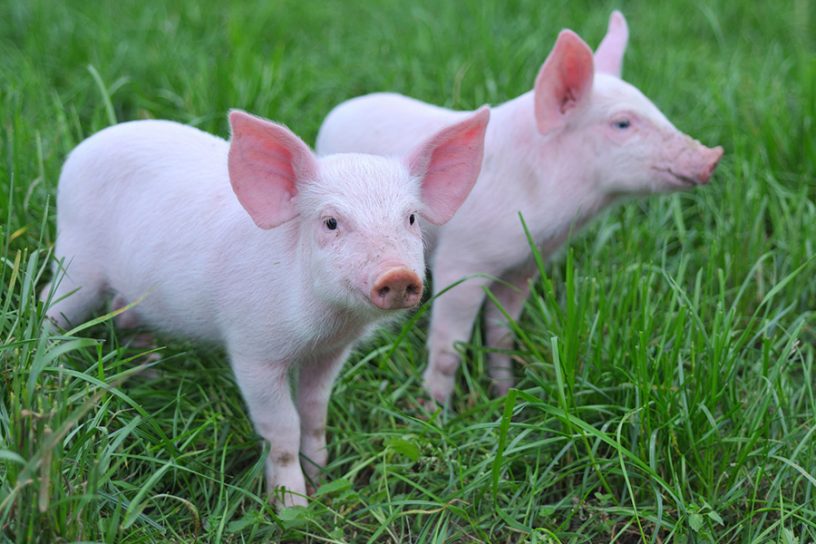
The study suggests that awareness and training on sustainable pig production methods and digital marketing can lead to an improved productivity which can eventually achieve the target of doubling farmers’ income.
Authors
Mahua Bhattacharjee, Amity School of Economics, Amity University, Noida – 201 303, India.
Shivani Mehta, Amity School of Economics, Amity University, Noida – 201 303, India.
Sakshi Malik, Assistant Professor, Jindal Global Business School, O.P. Jindal Global University, Sonipat, Haryana, India.
Kadirvel Govindasamy, Indian Council of Agricultural Research, Umiam, Meghalaya – 793 103, India.
Mahak Singh, Indian Council of Agricultural Research, Jharnapani, Nagaland – 797 106, India.
Anindita Roy Saha, Indraprastha College for Women, University of Delhi, New Delhi – 100 054, India.
Nungshitula Pongener, Indian Council of Aagricultural Research (ICAR), Nagaland – 797 106, India.
Pampi Paul, Indian Council of Aagricultural Research (ICAR) Research Complex for NEH, Meghalaya – 793 104, India.
Summary
Small-scale pig farming is crucial for the economic and social structure of tribal households in North-east India. While pig production is the major source of their livelihood, the industry is still facing issues such as the reccurrence of diseases that affect the costs of the pig farmers and low-level efficiencies. With this background, the objectives of the study are to understand the socio-economic structures of the pig farmers, key factors influencing the cost structure of small pig farmers and identify the efficient marketing channel in Assam, Meghalaya and Nagaland.
The study also aims to identify the waste management practices followed by the farmers. For this purpose, a primary survey was conducted on three thousand households selected randomly. The methodologies used include descriptive analysis, multiple regression, and Acharya Modified Marketing index.
The results indicate that though most farmers had knowledge of classical swine fever, less than twenty-five percent of the farmers had their pigs vaccinated. The primary cost contributing factors for backyard farmers are the stock purchase of pigs and feed cost. The marketing efficiency came out to be 1.5, 1.48 and 2.13 for Assam, Meghalaya and Nagaland.
The study suggests that awareness and training on sustainable pig production methods and digital marketing can lead to an improved productivity which can eventually achieve the target of doubling farmers’ income. Further, given that the current waste management includes burning pigs leading to environmental pollution, the study suggests launching waste disposal training drives for farmers for enabling them to practice efficient waste management practices.
Published in: International Journal of Agricultural and Statistical Sciences
To read the full article, please click here.


